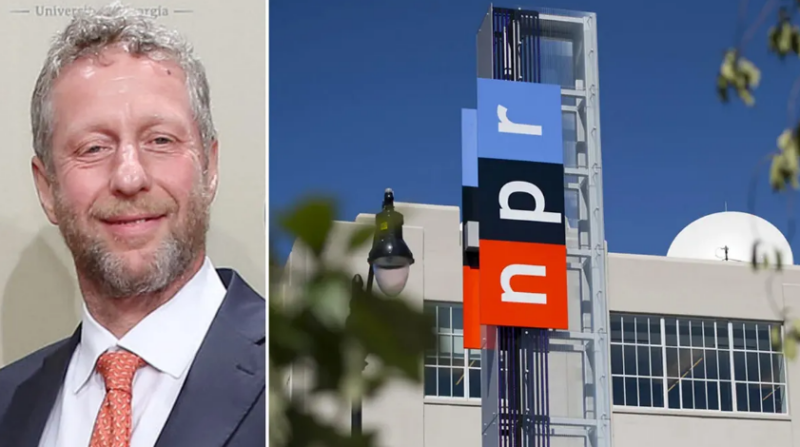NPR Editor Gets Suspended
On Tuesday, NPR made an announcement that they have suspended one of their top editors, Uri Berliner, for five days without pay.
This decision came after Berliner published an essay last week on Bari Weiss’ online news site, the Free Press, in which he claimed that NPR has “lost America’s trust” due to their left-leaning bias. While some may argue that Berliner crossed a line by expressing his opinion publicly, others see this as an opportunity to shed light on some issues within NPR.
In his essay, Berliner called out NPR for reporting news with a left-wing slant and pointed out several examples of blind spots in their coverage. He specifically mentioned the origins of COVID-19, the war in Gaza, and the Hunter Biden laptop as topics where he believes NPR has failed to provide unbiased reporting. Berliner’s essay sparked controversy both inside and outside of NPR, with some calling for him to be fired while others praised him for speaking out.
However, NPR did not take kindly to Berliner’s criticism. In response to his essay, CEO Katherine Maher released a statement calling it “profoundly disrespectful, hurtful, and demeaning.” She also accused Berliner of “denigrating” their staff by criticizing their coverage based on their personal beliefs. This led to Berliner doubling down on his comments and expressing his disappointment with Maher’s leadership, stating that NPR needs a leader who is unifying and broad-minded instead of someone who perpetuates left-wing views.
In the midst of this controversy, Maher’s own left-leaning bias has come to light through her past posts on the social media platform, X. These posts included calling former President Donald Trump “racist” and expressing support for race-based reparations. While some may argue that Maher’s personal views do not affect her ability to lead NPR, others see this as a cause for concern in a network that prides itself on unbiased reporting.
In a statement, NPR defended Maher, stating that her posts were made when she was not working in journalism and were her exercising her right to free speech as a private citizen. However, many have pointed out the hypocrisy in this defense as NPR has previously condemned journalists for expressing controversial opinions on social media. Additionally, Berliner pointed out that Maher’s tweets reveal a disconnect from the values of the American people and may hinder her ability to represent the diverse perspectives of their audience.
Following the scrutiny of Maher’s past posts, Christopher Rufo, a conservative fellow at the Manhattan Institute, unearthed more of her tweets that showcased her liberal ideology. In one tweet, Maher referred to herself as “someone with cis white mobility privilege,” which drew criticism from Tesla CEO Elon Musk, who called her a “crazy racist!” Despite this backlash, NPR continues to stand by Maher and her commitment to upholding its code of ethics.
As a result of this controversy, NPR announced that executive editor Eva Rodriguez will lead monthly meetings to review their coverage. NPR also stated that they are committed to diversifying their workforce to better reflect the American population, but it is unclear if any concrete steps will be taken in this regard. Many have also called for a restructuring of NPR’s editorial department to ensure a more balanced and unbiased approach to reporting.
NPR’s handling of this situation has drawn criticism from both sides, with some feeling that Berliner’s punishment was unjust and others believing that his actions were in violation of NPR’s policies. As the controversy continues to unfold, it sheds light on the challenges faced by news outlets in today’s polarized political climate. Ultimately, it remains to be seen how NPR will address the issues raised by Berliner and their own employees, and whether they will take steps to ensure more balanced reporting in the future.

